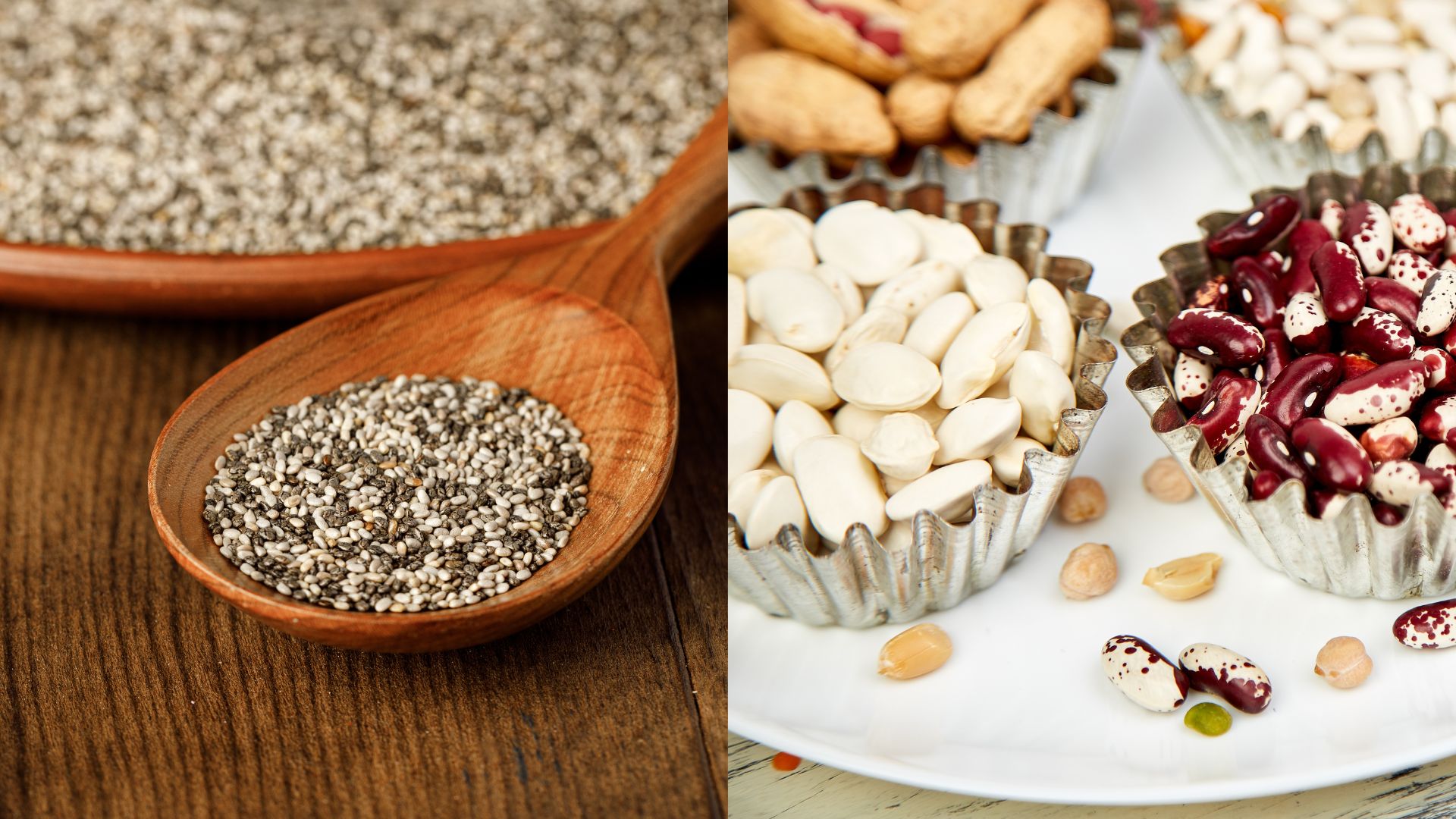Incorporating superfoods into your meals is an excellent way to boost your health and overall well-being. These nutrient-packed foods provide an array of vitamins and minerals and offer specific health benefits that support various aspects of physical and mental health. By including a variety of superfoods in your diet, you can enhance your energy levels, improve digestion, and strengthen your immune system.
Here’s a list of ten exceptional superfoods that should become staples in your diet. Each of these foods offers unique advantages, from supporting heart health to enhancing brain function, making them valuable additions to your nutrition plan. Discover how these nutrient-dense options can enrich your daily diet and provide diverse flavors and textures to your meals.
1. Watercress

Watercress is a highly nutritious leafy green, rich in antioxidants and vitamin K. It contains phenylethyl isothiocyanate (PEITC), a compound that may help prevent cancer and slow tumor progression. Just add watercress to smoothies for a peppery kick or include it in salads to boost flavor and nutrients.
2. Flaxseeds

Flaxseeds are packed with fiber and omega-3 fatty acids, which are essential for gut health and heart support. They also contain healthy fats and polyphenols that can help lower cholesterol and reduce the risk of chronic diseases. Sprinkle ground flaxseeds on cereal, blend them into smoothies, or use them as an egg replacement in baking.
3. Eggs

Eggs are a complete source of high-quality protein and are rich in essential vitamins and minerals, including choline, which supports brain health. They also aid in the absorption of nutrients from vegetables. Enjoy eggs in various forms—boiled, scrambled, or in omelets. Eating the yolk ensures you get the full nutritional benefits.
4. Oats

Oats are an excellent source of fiber, particularly beta-glucan, which helps lower LDL cholesterol and reduces the risk of heart disease and diabetes. They are also beneficial for maintaining stable blood sugar levels. Start your day with oatmeal, mix oats into pancakes and baked goods, or use them as a flour alternative in recipes.
5. Yogurt

Yogurt provides protein, calcium, and probiotics that enhance gut health and digestion. It also supports immune function and overall gastrointestinal and cardiovascular health. Combine plain Greek yogurt with fruit and nuts for a nutritious snack, or use it as a base for smoothies and parfaits.
6. Kale

Kale is a nutrient-rich leafy green packed with vitamins C, E, K, and B, as well as carotenoids like lutein and zeaxanthin. It supports brain health, may protect against cognitive decline, and can help improve mood and reduce depressive symptoms. Add kale to salads, blend it into smoothies, or use it in soups for a nutritional boost.
7. Beans

Beans are rich in plant-based protein, fiber, and antioxidants. They help regulate blood sugar, promote fullness, and support heart health. Beans also contain folate, iron, and magnesium. Incorporate beans into soups, stews, and salads, or use them as a protein-rich side dish.
8. Chia Seeds

Chia seeds are loaded with omega-3 fatty acids, fiber, proteins, and antioxidants. They support heart and brain health and add texture to various dishes due to their gel-like consistency when mixed with liquids. Stir chia seeds into yogurt or oatmeal, or make chia seed pudding for a nutritious and energizing breakfast.
9. Walnuts

Walnuts are abundant in antioxidants, including polyphenols and tocopherols, and are a great source of omega-3 alpha-linolenic acid (ALA). They contribute to improved cognitive function and heart health. Top yogurt or oatmeal with walnuts, or add them to salads and baked goods for extra crunch and nutrition.
10. Alaskan Sablefish

Alaskan sablefish is rich in omega-3 fatty acids, DHA, and EPA, which are beneficial for heart and brain health. It’s sustainably caught and offers a delicious, nutritious seafood option. Grill or bake sablefish for a flavorful and healthful meal that supports both your well-being and environmental sustainability.
By adding these superfoods to your diet, you can enjoy a range of health benefits while diversifying the flavors and textures of your meals. These foods offer significant advantages, from boosting heart health to enhancing cognitive function, making them valuable components of a balanced and nutritious diet.







